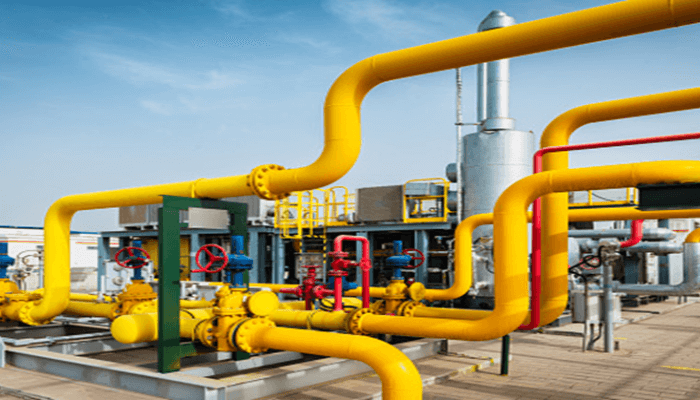The Society of Petroleum Engineers (SPE), Nigerian Council, has called for collaborative efforts in addressing the challenges and opportunities facing Nigeria’s energy sector.
In a compelling address at the opening ceremony of the 2024 edition of Oloibiri Lecture Series and Energy Forum (OLEF), Salahuddeen Tahir, the chairman of the Society of Petroleum Engineers (SPE), Nigerian Council, highlighted the importance of collaborative efforts in addressing Nigeria’s energy sector challenges and emphasized the role of the Oloibiri Lecture and Energy Forum (OLEF) Series as a beacon of knowledge, innovation, and progress in the industry.
Read also: Lesson for Nigeria as Namibia energy sector sparks global investment rush
“This year’s forum focuses on the theme; Stability in the Nigerian Energy Sector: Integrated Strategies for Infrastructure, Transportation, and Security, which underscores the imperative of cohesive efforts to address challenges and harness opportunities in Nigeria’s dynamic energy landscape,” Salahuddeen Tahir, Chairman, SPE, Nigerian Council, said.
“Stability in the energy sector is paramount for sustaining economic growth, ensuring national security, and promoting environmental sustainability”, Tahir added.
Tahir also used the opportunity to express SPE Nigerian Council’s support for country’s candidacy to host the headquarters of the African Energy Bank, citing the Nigeria’s potential and leadership in the energy sector.
In his keynote speech, Mele Kyari, the group chief executive officer of NNPC Limited, emphasised the critical importance of bridging the energy access gap to the creation of economic prosperity of the country. To bridge the energy access gap in Nigeria, Kyari said NNPC Ltd was working on developing the right infrastructure to deliver oil and gas to drive prosperity for Nigerians.
“We are committed to developing gas infrastructure across the country,” Kyari stated, stressing that the company’s commitment was not just a statutory requirement of the Petroleum Industry Act, but a pledge to ensure energy security beyond fuel supply.
“We are dedicated to investing in critical infrastructure to enhance economic prosperity by supplying gas to the domestic market, targeting at least 8 billion cubic meters,” Kyari added.
In his address, the minister of state for petroleum resources (Oil), Heineken Lokpobiri, represented by Engr. Busari Kamoru, stated that the federal government has identified transportation, infrastructure, and security as key priority areas in tackling energy deficit in the sector as these will bring about stability, growth, and sustenance of a better energy sector.
Read also: FG eyes IOCs investment to boost energy sector growth
“Nigeria has the potential to transition towards a more sustainable energy future by improving on the key areas of infrastructure, transportation and security while also embracing research and innovations towards renewable energy and fostering collaboration between various stakeholders,” Lokpobiri said.
Oluremi Komolafe, representing the minister of state for petroleum resources (gas), Ekperikpe Ekpo, in his state of the industry address, said that the shift towards gas is not merely an option but a necessity towards Nigeria’s economic resilience.
“Our enormous gas resources present a unique opportunity to diversify our revenue streams to reduce dependence on oil to create a more robust and sustainable economic foundation”, Ekpo said.

